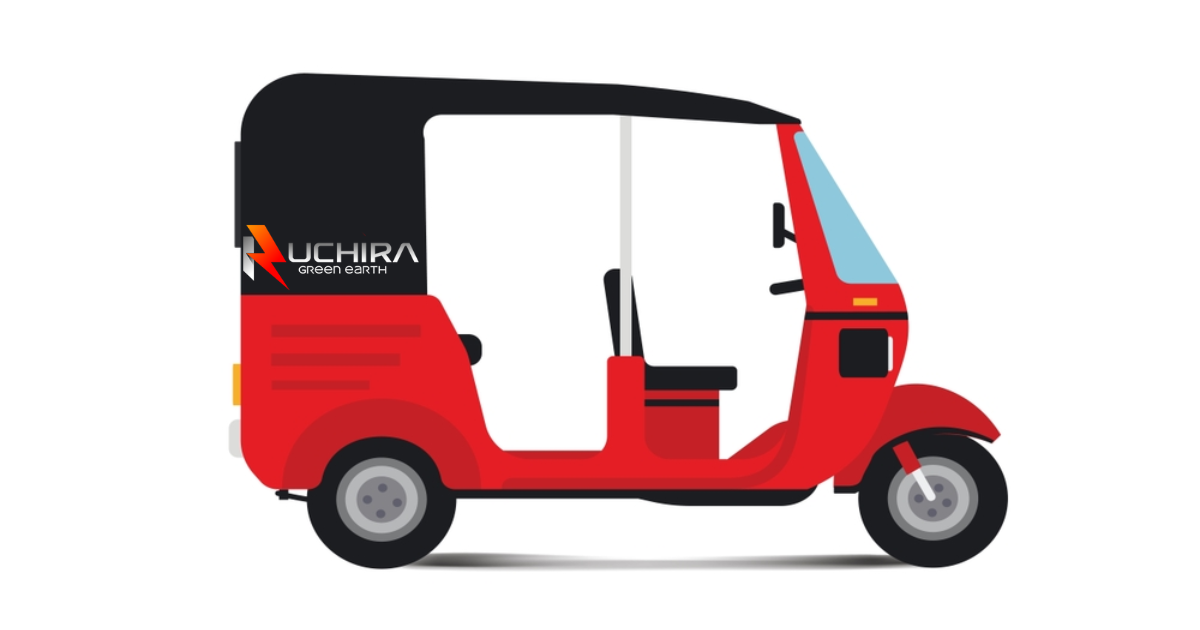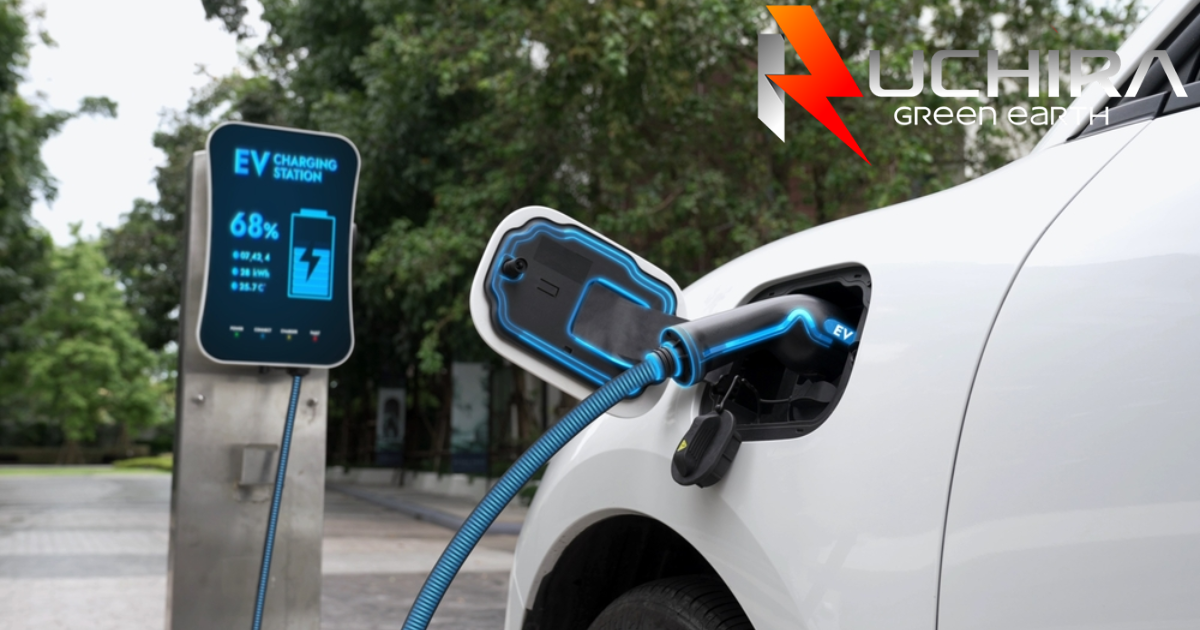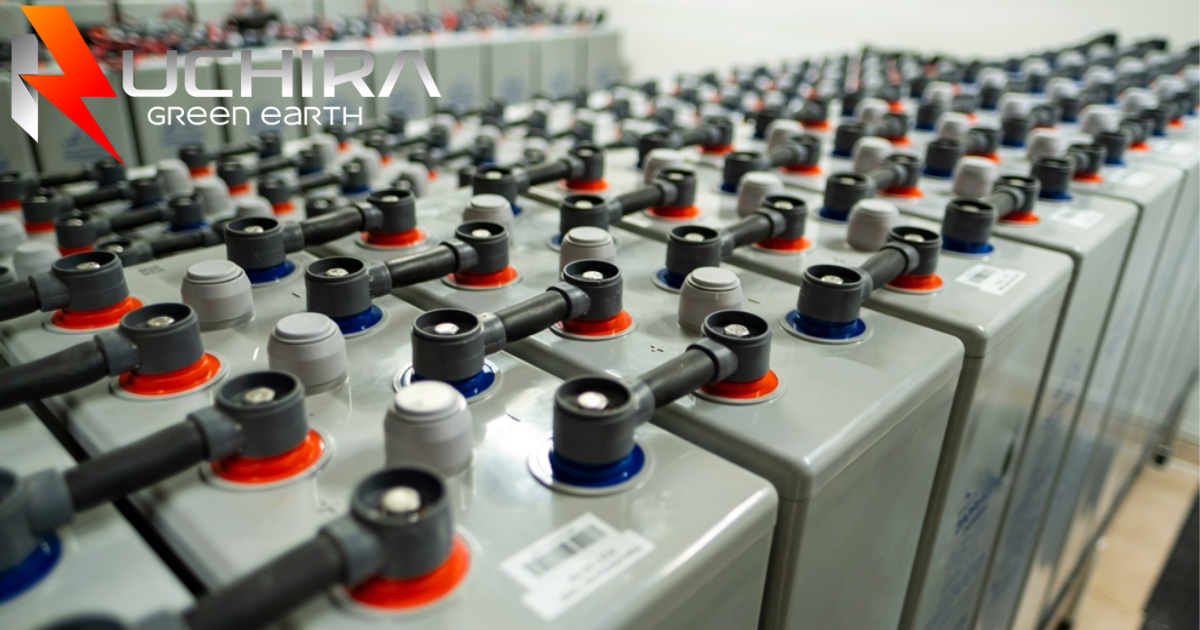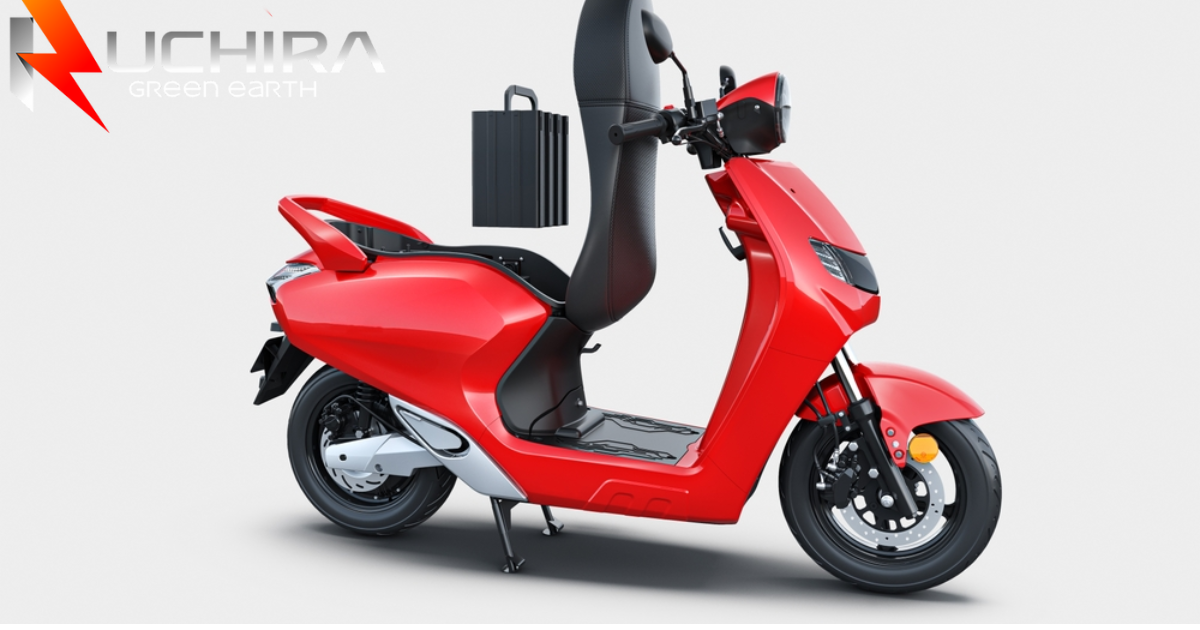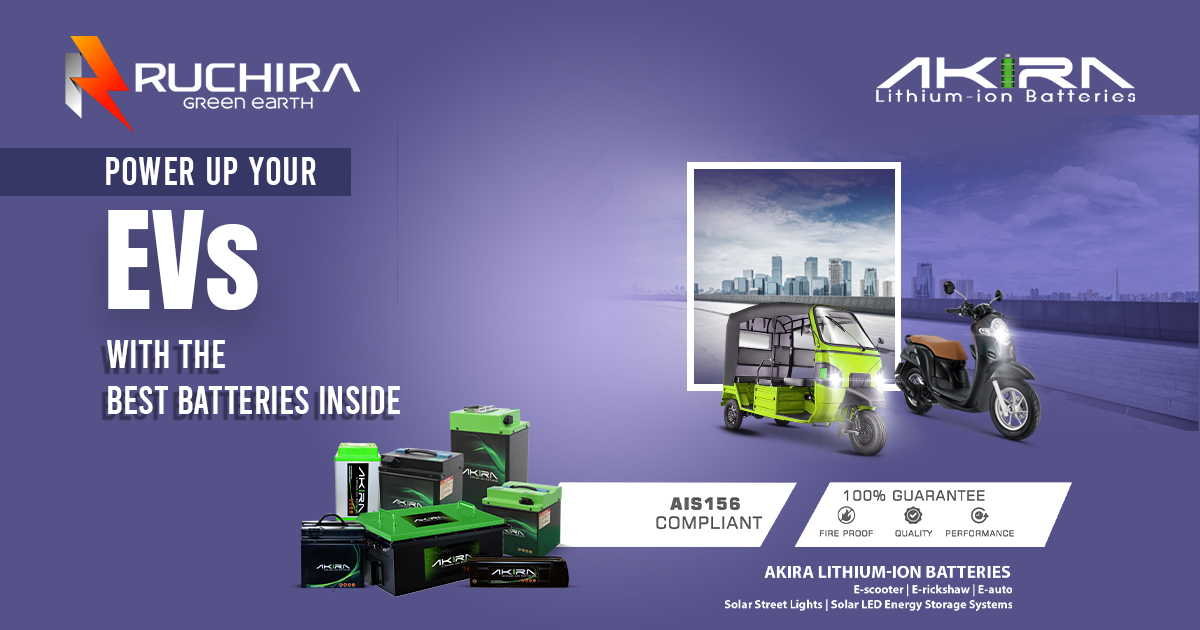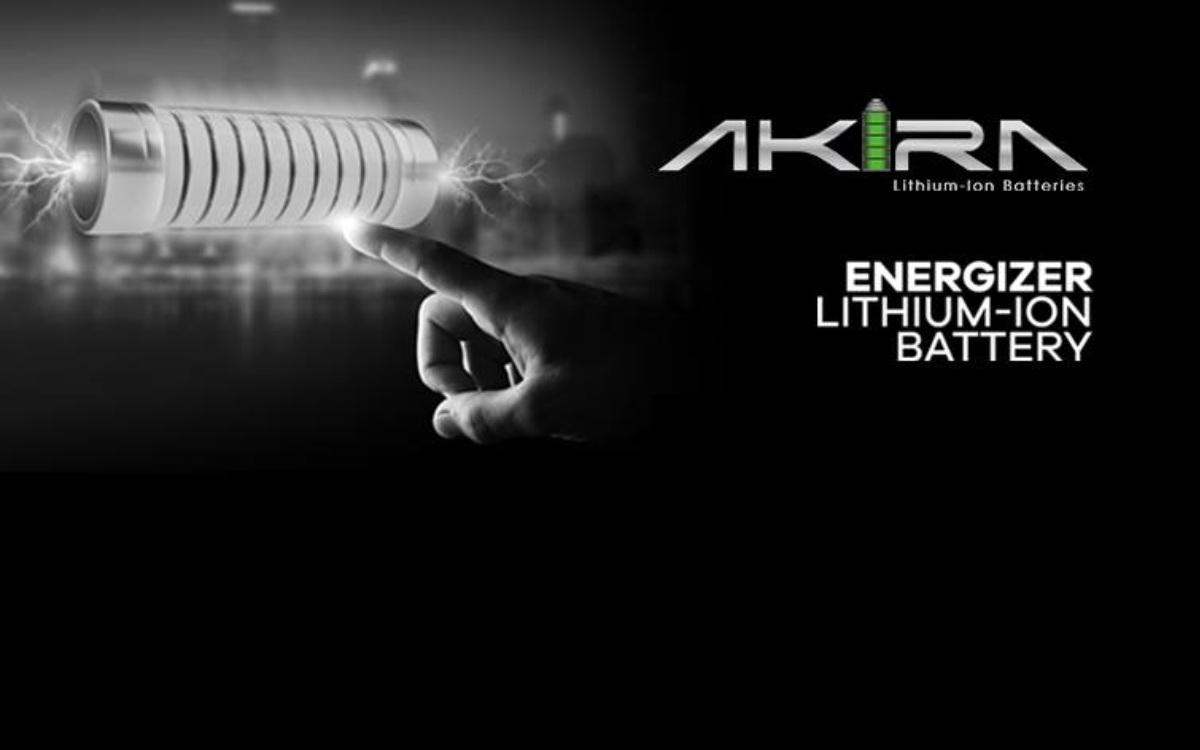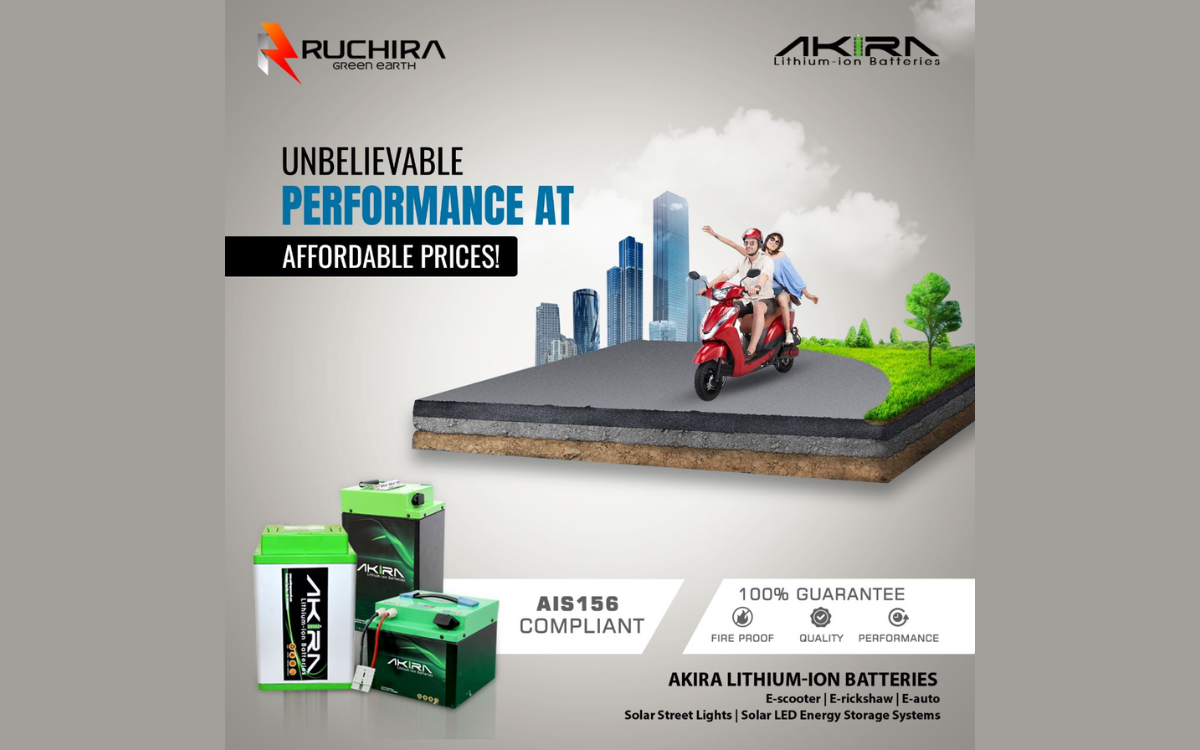In the bustling streets of India, three-wheelers are more than just a mode of transportation—they are essential to daily life and economic activity. From delivering goods to providing affordable rides, they play a crucial role in the country’s economy. As India moves towards a more sustainable future, a revolutionary technology is transforming this sector: lithium-ion batteries.
The Shift to Lithium
Historically, electric three-wheelers have relied on lead-acid batteries. While these batteries offered an initial cost-effective solution, they came with several drawbacks. Lead-acid batteries need to be maintained frequently, are heavy, and have a limited lifespan. Their performance is often compromised by the heat and vibrations experienced on India’s roads.
Lithium-ion batteries are changing the game. These advanced units are lighter, more durable, and require minimal maintenance compared to their lead-acid counterparts. The benefits extend beyond just being lightweight; lithium-ion batteries are redefining the performance standards for electric three-wheelers. Here’s why they are proving to be a game-changer.
Efficiency and Longevity
Lithium-ion batteries offer superior energy density, providing more power without extra weight. This translates to better performance and efficiency for electric three-wheelers, leading to reduced fuel consumption and lower operating costs. In India’s urban areas, where efficiency is crucial, this improvement is significant.
Moreover, lithium-ion batteries last significantly longer. Lead-acid batteries might need replacement every 1-2 years, while lithium-ion batteries can last up to 5 years or more with minimal degradation. This longevity means substantial savings over time and fewer disruptions due to battery replacements. For operators, this results in reduced maintenance costs and less downtime.
Cost-Effectiveness
Although lithium-ion batteries might seem like a higher initial investment compared to lead-acid batteries, their long-term benefits make them a more economical choice. With their extended lifespan, higher efficiency, and reduced maintenance requirements, lithium-ion batteries prove to be cost-effective over time. For three-wheeler operators, this means a lower total cost of ownership and higher profitability. The initial higher cost is offset by the savings on maintenance and replacements.
Practical Benefits for Operators
For three-wheeler operators, the advantages of lithium-ion batteries go beyond performance and cost. Lithium-ion batteries are robust and handle vibrations and high temperatures typical in Indian driving conditions. They offer consistent performance, meaning operators can rely on their vehicles throughout the battery’s life. Additionally, the reduced maintenance needs free up time and resources, allowing drivers to focus on their core business.
In Conclusion, Three-wheeler lithium-ion batteries represent a transformative shift in India’s transportation sector. With superior efficiency, longer lifespan, and smaller environmental footprint, they offer a smart investment for the future. As more operators make the switch, the benefits will ripple through the industry, supporting a greener and more efficient India.
Why Choose Akira Batteries?
Elevate your three-wheeler performance with Akira lithium-ion batteries! Our lithium-ion batteries offer unmatched efficiency, durability, and eco-friendliness. Choosing Akira three wheeler lithium-ion Batteries means making a smart investment in long-term savings and contributing to a greener future. Experience the difference today with Akira lithium-ion Batteries and drive the future of transportation.
